Prepping for a Baby: Stockpiling in Case of Emergency
Preparing for the arrival of a baby is an exciting and joyful experience. However, it’s essential to be prepared for unforeseen circumstances as well. Most of us understand the importance of being ready for any emergency that may come our way. Today, I want to share valuable tips on prepping for a baby, ensuring their well-being even in the most difficult times.
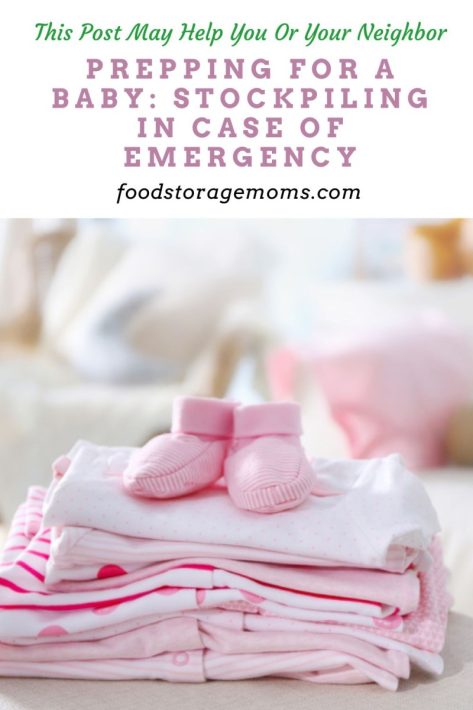
Assessing the Needs
Before diving into stockpiling, it’s crucial to assess the essential needs of a baby. These include food, clothing, shelter, hygiene, medical supplies, and comfort items. By understanding these needs, we can prioritize and plan effectively. When prepping for a baby, you will need to have extra items on hand with some of them being unique to their needs!
Food and Formula
Stocking up on infant formula, baby food, and breastfeeding supplies is essential. Ensure you have a sufficient supply that can last several months if necessary. Consider buying long-lasting formula options, such as powdered formula, which has a longer shelf life compared to liquid alternatives. You can keep breast milk in your refrigerator for a few days, but for long-term issues having the right baby formula is critical.
If your baby has moved from formula to baby food in jars, there are lots of options available for non-perishable foods. We’re all familiar with the quality products from Gerber, Beechnut, and Heinz. The key is having a variety of fruits, vegetables, and possibly meats, depending on the age of your baby. All these manufacturers make baby food from corn, rice, beans, potatoes, cereal from whole grains like oats, and various fruits.
Babies also need to stay properly hydrated, so having fruit juices along with safe water that may require you to boil water is important. Babies enjoy juice as we do, and the baby food manufacturers are aware of making them with limited sugar, just like they limit the amounts of salt in their baby food products.
As the baby ages, you should consider some crackers, peanut butter, and jams to go along with their milk and juice at meals. Don’t forget to have the utensils needed to feed your baby from those small jars.
Clothing and Diapers
Babies grow rapidly, so having a stockpile of different-sized clothes is crucial. Ensure you have a variety of onesies, sleepers, socks, and hats. Stockpile diapers in various sizes, including newborn, small, medium, and large. Cloth diapers can also be a great alternative to paper diapers, as they are reusable and can last for an extended period. 10 Ways to Utilize Old Bath Towels for Preppers
Shelter and Sleeping Arrangements
In case of emergency, it’s important to have a safe and comfortable sleeping arrangement for your baby. Consider stockpiling a portable crib or bassinet that can be easily assembled and possibly moved. Make sure you have warm blankets, swaddles, and sleeping bags suitable for different weather conditions. How to Build an Underground Shelter in the Woods
Hygiene and Sanitation
Maintaining proper hygiene is crucial for a baby’s health. Stockpile essentials such as baby wipes and paper towels, diaper rash cream, baby shampoo, soap, toilet paper, and lotion. Ensure you have a sufficient supply of these items to last for an extended period. Consider purchasing eco-friendly and biodegradable products, as they are not only better for the environment but also safe for your baby’s delicate skin. Also, stock extra laundry products in case you have access to a way to do some laundry. 35 Essential Personal Hygiene Products You Need to Stock
Having some hand sanitizer available provides another level of cleanliness and bacteria control. We also need some disinfectant to clean areas where the baby will eat, like a baby chair, and areas where they play and have their diapers changed.
Reusable Diapers and Philips AVENT Soothie
Medical Supplies
It’s essential to have a well-stocked first aid kit specifically tailored for infants. Include items such as an infant pain reliever, thermometer, bandaids, sterile gauze pads, and alcohol wipes. Consult with a healthcare professional to ensure you have all the necessary medications and supplies specific to your baby’s needs. The American Red Cross may have a manual you can refer to as you prepare your family’s medical needs in case of emergency. Are You Prepared for a Medical Emergency?
If your baby has some special medical needs, having the proper supplies is extra critical. Your doctor can advise you regarding any special foods, supplements, vitamins, etc. that need to be in your pantry. Masks have been a mainstay for the past few years too, so have a supply sized for each family member.
Comfort Items
Comfort items can help soothe a baby in stressful situations. Stockpile pacifiers, teething toys, soft blankets, and stuffed animals. These items can provide comfort and a sense of security for your little one during challenging times. Solar flashlights and lanterns can come in very handy if you need to light up that baby nursery in case of power outages caused by a natural disaster like an earthquake. If you have regular lighting devices, have the right kind of battery for each device, and have some extra batteries in case they’re needed longer than anticipated.
Stockpiling Strategies
Now that we have identified the essential items, it’s important to explore stockpiling strategies to really get prepared for emergencies. Preparing for the School Year: Must-Have Items for Preppers
Rotation and Organization
When stockpiling baby items, it’s crucial to rotate them regularly. Follow the “first in, first out” principle to avoid expiration or spoilage. Keep an inventory list of your stockpile and mark the expiry dates. Organize the items in a way that makes them easily accessible and visible. Disaster Organizations: Can You Depend On Them?
Storage Considerations
Proper storage is essential to maintain the quality and longevity of your stockpile. Store baby food and formula in a cool, dry place away from direct sunlight. Consider investing in airtight containers to protect against pests and moisture. Make sure you store clothing and diapers in vacuum-sealed bags to save space and keep them fresh. Best Plastic Containers for Food Storage
Regular Check-ups and Updates
As your baby grows, their needs will change. Regularly check your stockpile to ensure you have the right sizes and amount of items. Update your inventory list accordingly and make any necessary adjustments. How to Keep Track of Your Stockpile Inventory
Community Support
Building a supportive community of like-minded parents and preppers can provide additional resources and advice. Since government agencies like FEMA can’t support all families in an emergency situation, consider joining online groups or local community organizations to exchange ideas, share resources, and support each other during emergencies. Community support is vital when you are prepping with a baby! How to Make a Community in Your Neighborhood
How do I prepare for an emergency with my baby?
- Develop a comprehensive emergency plan specifically tailored for your family and baby. This plan should include evacuation routes, designated meeting points, emergency contacts, and a communication strategy.
- Put together a well-stocked emergency kit that includes essential items for your baby. This kit should include food, water, formula (if applicable), diapers, wipes, clothing, medication, first aid supplies, comfort items, and any necessary medical equipment or supplies.
- Learn basic first aid and CPR techniques. Understanding how to respond to common emergency situations can be crucial in providing immediate care for your baby before professional help arrives.
- Stay updated on potential emergencies or disasters that may occur in your area. Sign up for emergency alerts and notifications from local authorities and follow reputable sources of information. Consider getting a hand crank weather radio to help obtain needed information.
- Determine safe areas within your home or community where you can take shelter during an emergency. These areas should be away from windows, doors, and any potential hazards.
Final Word
Preparing for a baby is an incredible journey that involves planning and anticipation. As preppers, we understand the importance of being prepared for various scenarios, including emergencies. You can follow this list to help you ensure your baby’s well-being even in challenging times. What tips would you add to this prepping-for-a-baby stockpile list? May God Bless this World, Linda
Copyright Images: Blue Shoes with Baby Supplies Depositphotos_273195280_S, Baby Clothes Pink Depositphotos_113561324_S

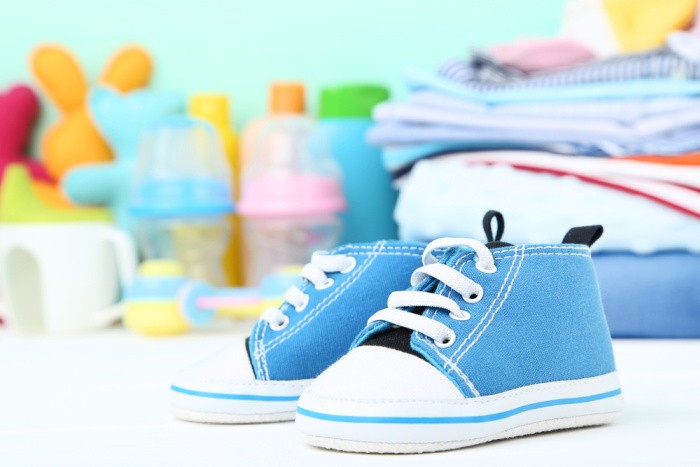

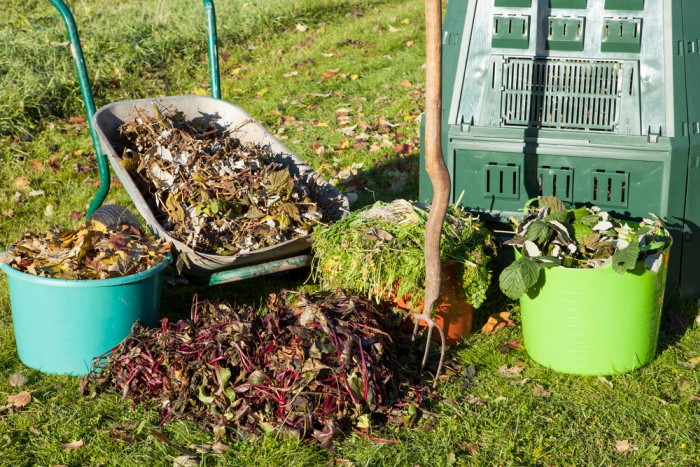
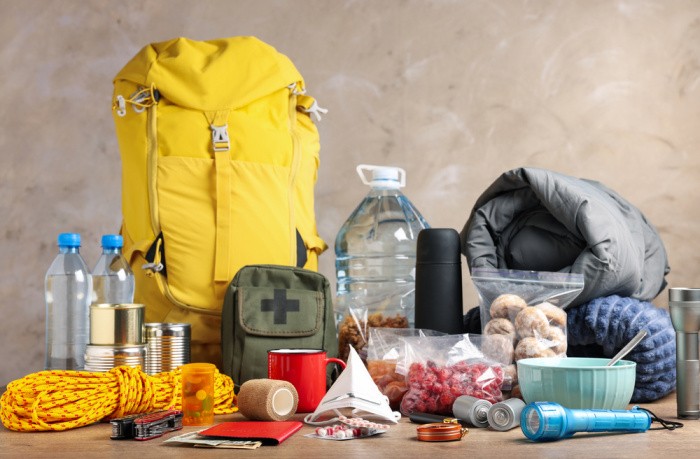

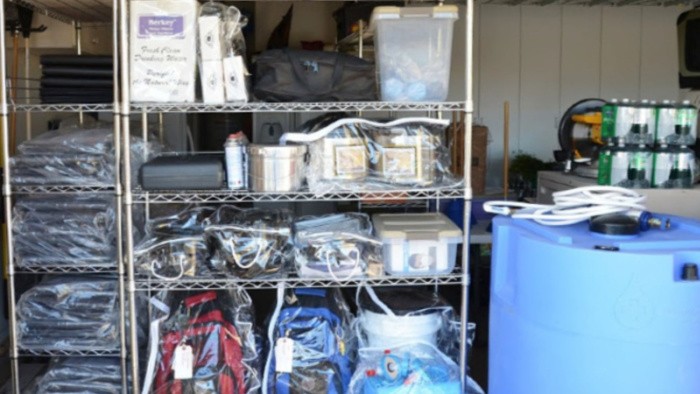

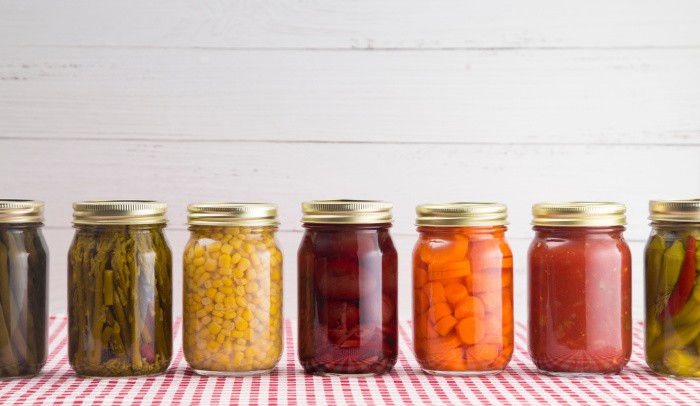

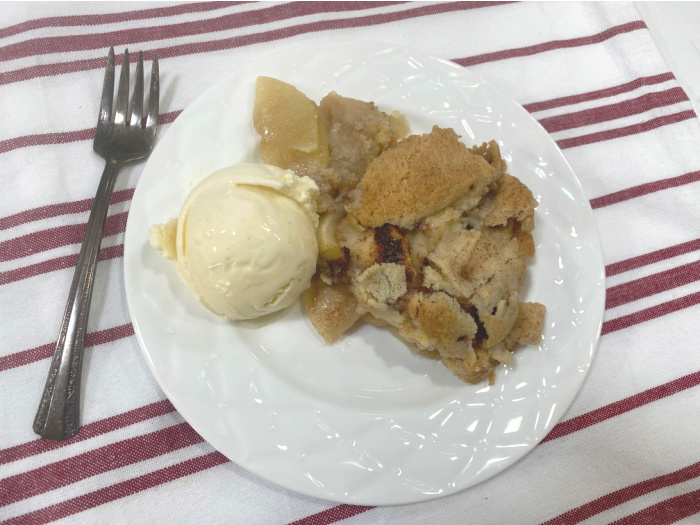
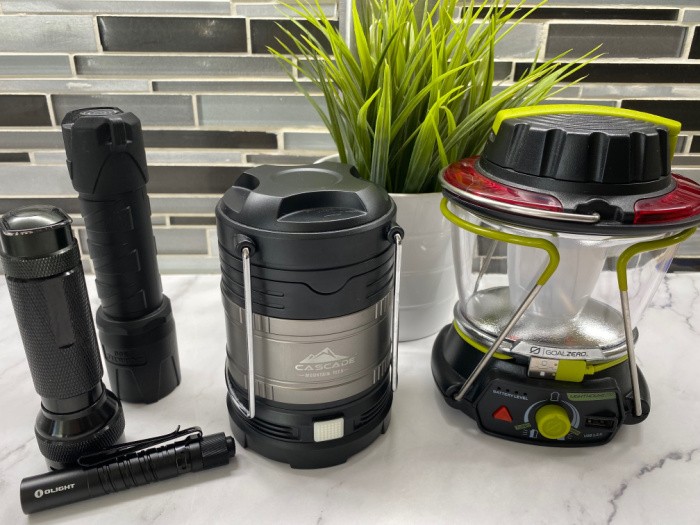
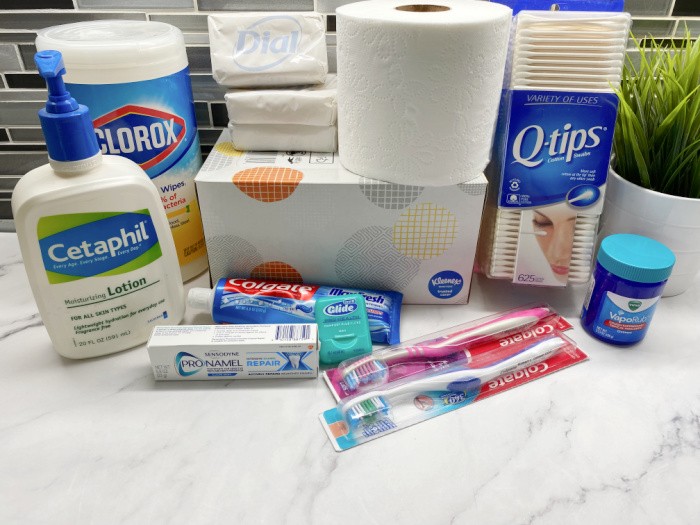
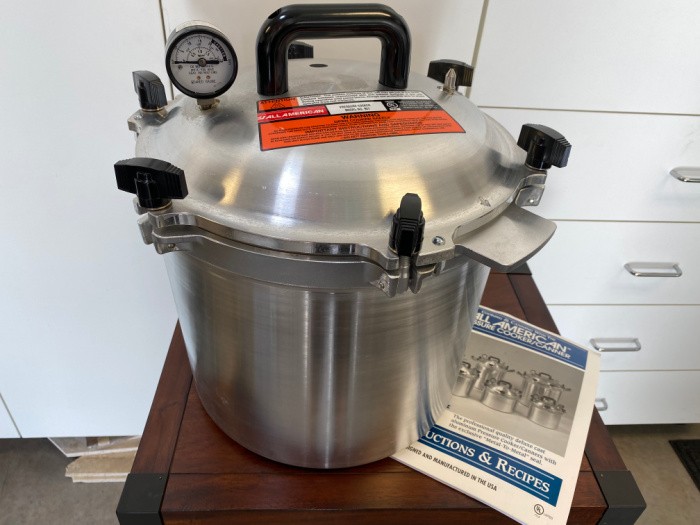
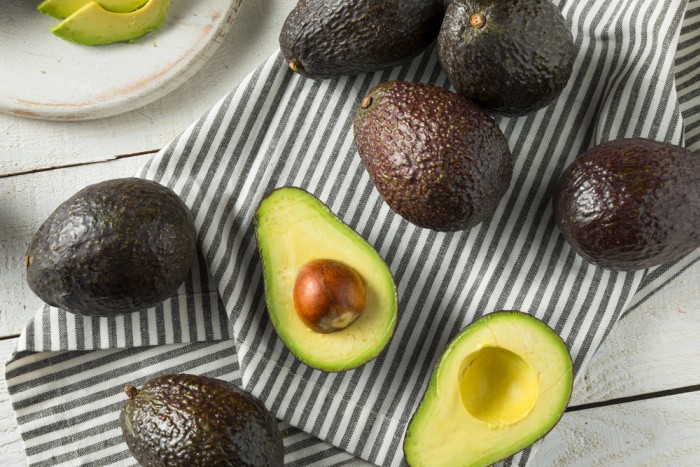
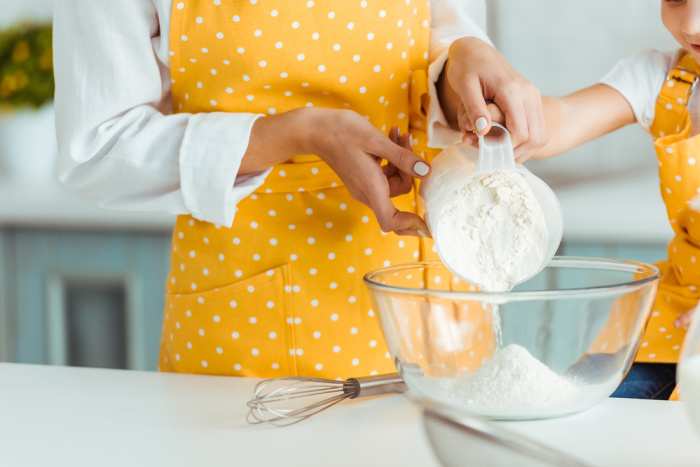

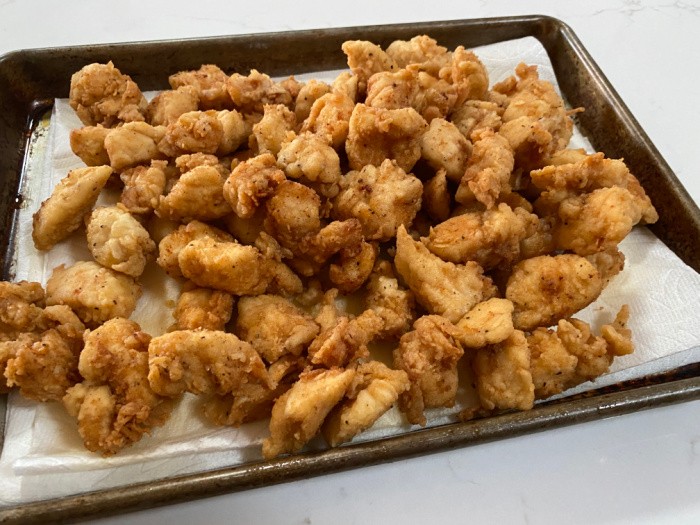
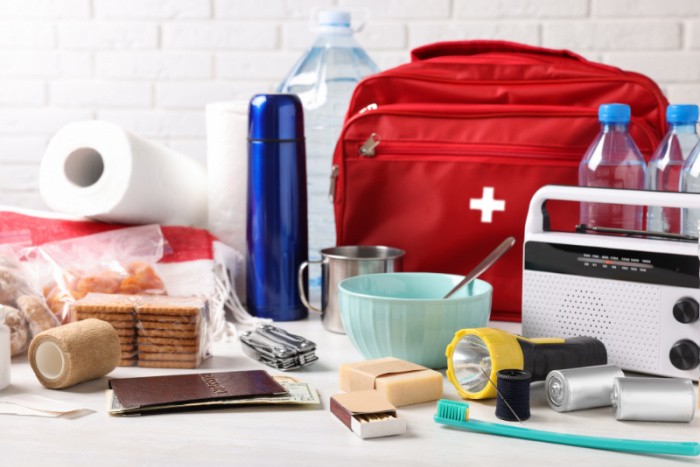
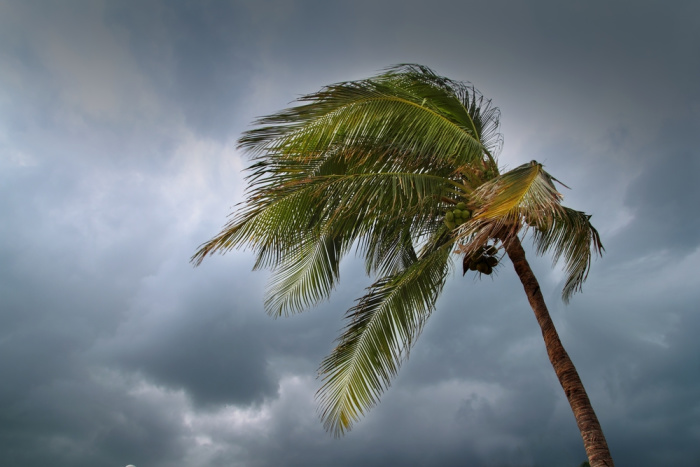
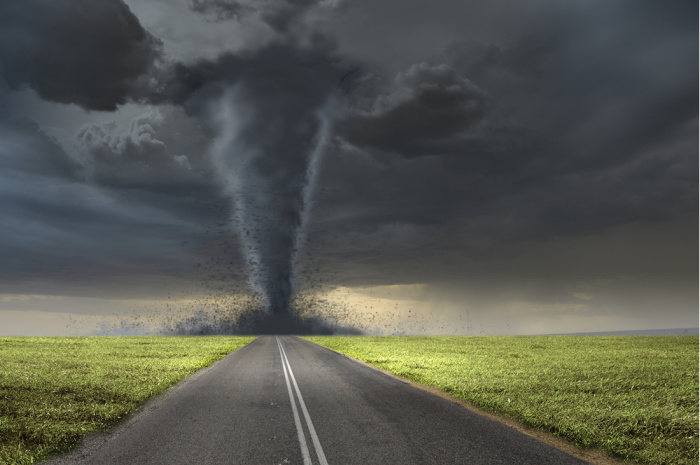

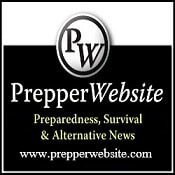
I mean truthfully if you don’t even think you are going to be getting a baby, one could just show up! LOL that happened to us. I am going to keep extra stuff on hand for babies though because you just never know when a baby or toddler might need something!
Hi Jess, thanks again for letting me know about Matt’s comments being deleted. I just submitted a ticket to my IT group to check out the plug in. You are so right about the items you never know you. may need. I have diapers (cloth) because they are adjustable with baby safety pins. Linda